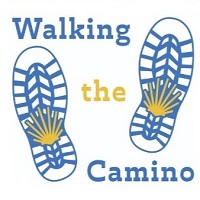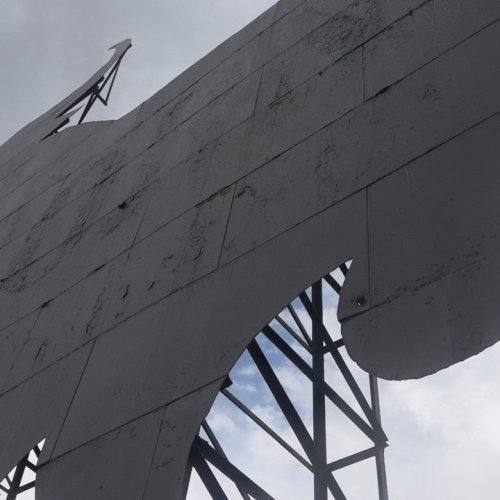Rocco Rossi: The human cost of the eurozone crisis
Rocco Rossi, National Post Jun 7, 2012 – 3:13 PM ET
At age 50, his factory shut down and he lost his job. Two years later, his money ran out, and so did his wife and young daughter. At age 55, he was walking the
Camino de Santiago in Spain. That’s where I met him.
During the Depression, many “rode the rails” in Canada and the United States. Enrique, however, has been walking the Camino — a thousand-year-old pilgrimage route — continuously for over three years. His well-worn shoes, clothes and two carrying bags represent the sum total of his worldly possessions. He sleeps out most nights, and his favourite spots are cemeteries, “They are quiet,” he explained. “No one bothers me there.”
He looked for work for years, and still does. But he’s largely given up hope he can return to the life he once had. He doesn’t want to beg and can’t afford a bus ticket or a place to stay, so he walks.
A proud man who values working to support himself, he does odd jobs along the way for food and the odd coin. He’s picked apples and cherries in Bierzo; gutted fish in Galicia; cut and stacked hundreds of cords of wood in Navarre; harvested grapes in the Rioja; loaded potatoes in Palencia; weeded gardens in Castille; and milked cows, goats and sheep everywhere in between. For one week each month he can stay in a monastery in Santiago for 1.50 euro a day. That gets him a bed, a hot shower and three meals. He can only stay there for a week each month, though, because of the rules — and because he needs the other three weeks to raise the 10.50 euro.
When on the move, Enrique walks an average of 30 km a day. He’s covered almost 27,000 km in the last three years — two-thirds the circumference of the Earth.
Politics make little difference to Enrique — he lost everything under the socialist regime. The “austerity” measures of the current conservative government have no relevance to him. Walking and sleeping out have not been any different under either government.
He is not the only “economic pilgrim” on the trail. Not one of the Spanish parents I met walking expect their children to work in Spain when they graduate. All are encouraging their children to learn German, English or Chinese as passports to greater opportunity. Many of those whose children have already graduated have seen them leave for the U.K., the Netherlands or Germany.
The official unemployment rate in Spain is almost 25% — numbers North America hasn’t seen since the Great Depression. Youth unemployment is over twice that. And those numbers don’t include people like Enrique, who are completely off the statistical grid, or those who have gone elsewhere.
Spending well beyond its means didn’t help Spain’s government create the sort of diversified economy that could absorb the thousands of university students graduating each year. Nor did building thousands of new apartments, factories and offices with cheap borrowed money ensure that there would be buyers in the end. In fact, for people like Enrique, the only silver lining to the massive real estate bubble that devastated Spain is that there are now many empty buildings within which to squat.
It’s not much better in the countryside. Near Ponferrada, I came across Antonio, who was out herding his 500 sheep in the hills. He always has meat, milk and cheese, but it cost him over 1,000 euro to have his sheep shorn this year, and he received only 50 euro for the wool. The price he gets for meat and milk has declined over the last three years, and, the week before we met, he lost 23 of his sheep to wolves. Thankfully, he is still able to make ends meet because his wife has found a part-time job helping in a local restaurant that services the growing number of pilgrims in the region.
The recent headlines about the “euro crisis” and “downgrading of credit ratings” and “currency fluctuations” simply don’t capture the very significant personal toll that is being experienced here each and every day.
National Post












